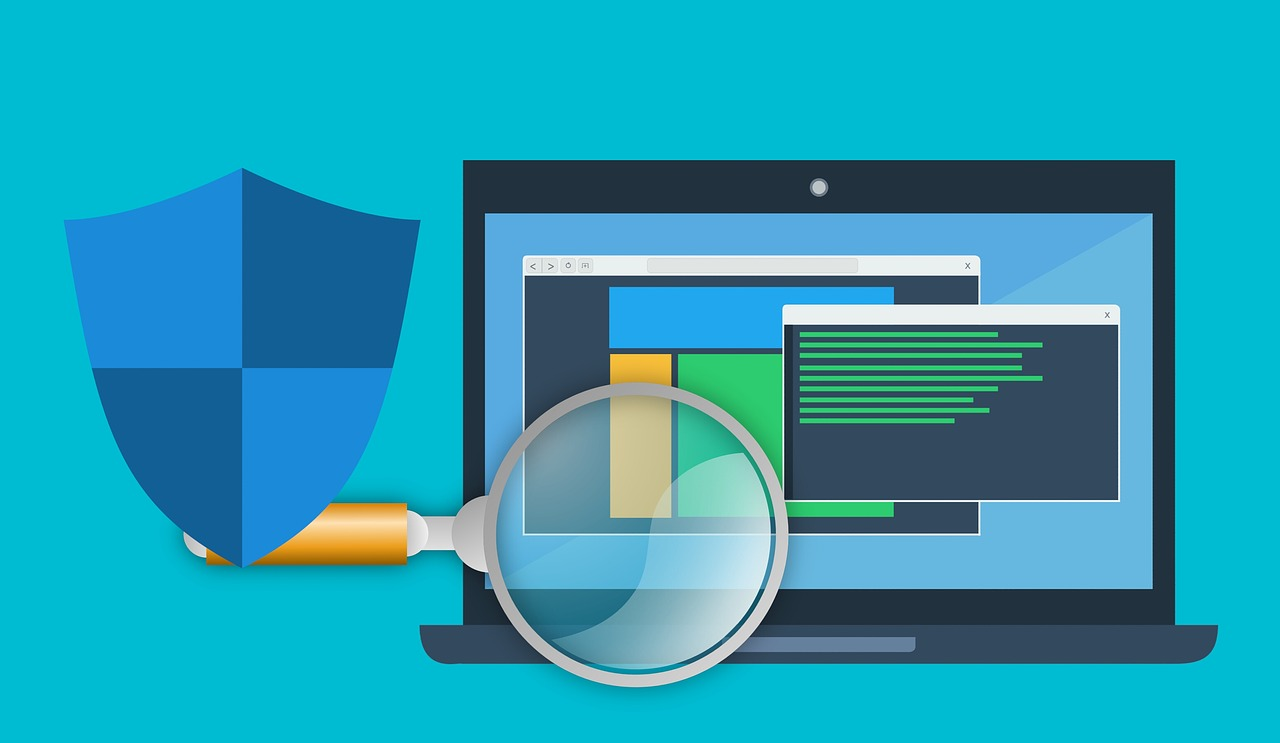
Unfortunately, cyber crime is growing at an alarming rate and is costing companies hundreds of billions of dollars. While many think that only large companies fall victims to hacks and attacks, this isn’t the case. Small and medium-sized businesses are targeted as well, and a single hack or breach can spell disaster.
Thankfully, there are some things you can do as a company to reduce the likelihood that you fall victim to a data breach or cyber attack. This article is going to go over 8 different security practices to keep your small or medium-sized businesses safe and secure.
Educate Employees
First and foremost, you need to educate employees on cyber threats and things to look out for. They need to know everything from how to identify phishing, to how to use the internet safely and what to do if something questionable occurs. Your employees need to understand how important security is and need to be committed to it. In addition to being educated on how best to protect themselves and the company, these employees need to be held accountable, as well.
Put Your Policies in Writing
Instead of just telling your employees what to do and educating them, you should create robust security policies and put them in writing. This way employees will always be able to refer to the policies if any confusion arises. There are plenty of helpful guides online which can help you create your own set of cybersecurity policies. If your cybersecurity plans are only operated by word of mouth, there is a better chance people will do things wrong or forget key points. The policy should tell them what they should do in certain situations, as well as things to be aware of.
Consider Working with Professionals
While creating your cybersecurity policy and implementing it will work for some companies, others will struggle. Thankfully, due to the growing importance of (and demand for) cybersecurity, there are many third-party companies offering cybersecurity services. There are companies that offer penetration testing, auditing, training programs and a variety of other services to take your cybersecurity to the next level. Hackers are getting better, so you need to be sure your company is doing the same.
Keep Backups
While it is important to protect against attacks and data breaches, not all critical data loss comes from attacks. Sometimes things like power outages, machine failure or accidental deletion can occurs. In an effort to ensure these mistakes don’t cost your company, be sure to keep regular backups. This could either be a physical backup kept on external hard drives or automatic backups kept in the cloud with solutions such as Loggly.
Practice Good Password Etiquette
We all know about the merits of using strong passwords, but so few of us actually use them. At your company, you want to make sure that everyone not only has a strong password, but is changing their password frequently. Passwords should be long, not be connected to you or the company you work for, and be comprise of letters, numbers and symbols. Weak passwords can be easy to decipher, so be sure each and every employee has a strong and secure password to all accounts and computers.
Use Anti-Malware Software

via: https://pixabay.com/
While employees are instructed to ignore or report phishing emails, there is the chance that one will accidentally be opened. If it is, you could be opening up your company to a number of different types of viruses or malware. That is why it is incredibly important to use anti-malware software at your business. This software will protect your computer and the information it houses. There are a variety of different types of virus, malware and spyware protection.
Restrict or Limit Access if Possible
There is a good chance that your company has access to or holds a lot of sensitive information. While some people need access of this information to do their job, that doesn’t mean everyone needs to see it. See, the majority of data breaches are actually a result of human error. So the more people that have access to classified information, the higher the chance of a breach occuring. As a result, you should control which employees have access to what. Unless people need the information for their job, they shouldn’t be able to access it.
Utilize a Firewall
The more that is in between your data and potential cyber criminals, the better. Because of this, it is incredibly important that your company use a firewall. It is a good idea to utilize both an internal and an external firewall. A firewall will monitor the incoming and outgoing traffic from your computer and network to keep your data safe.
In conclusion, hopefully this article has been able to help you learn some great tips for improving the security of your small or medium-sized business.

